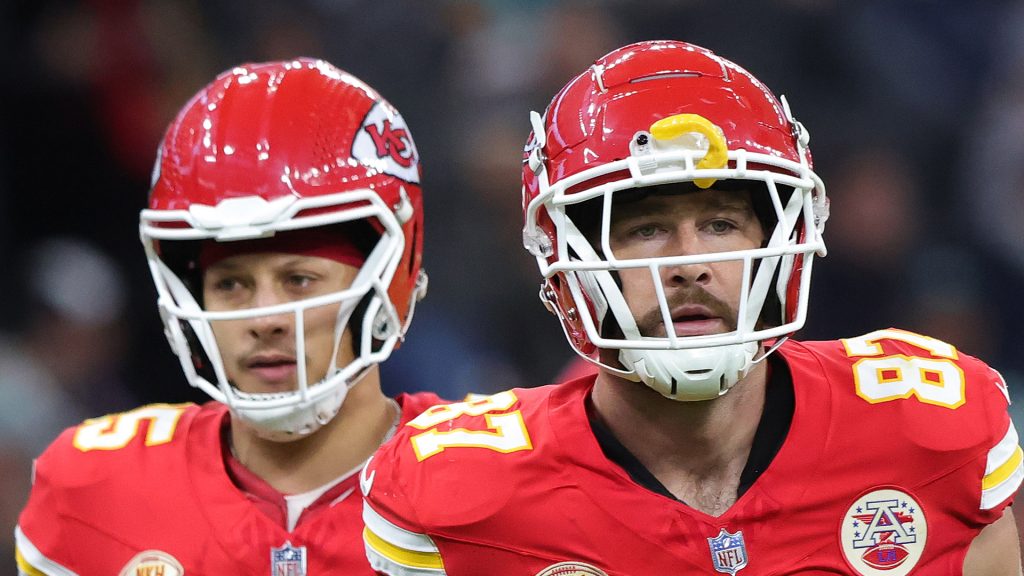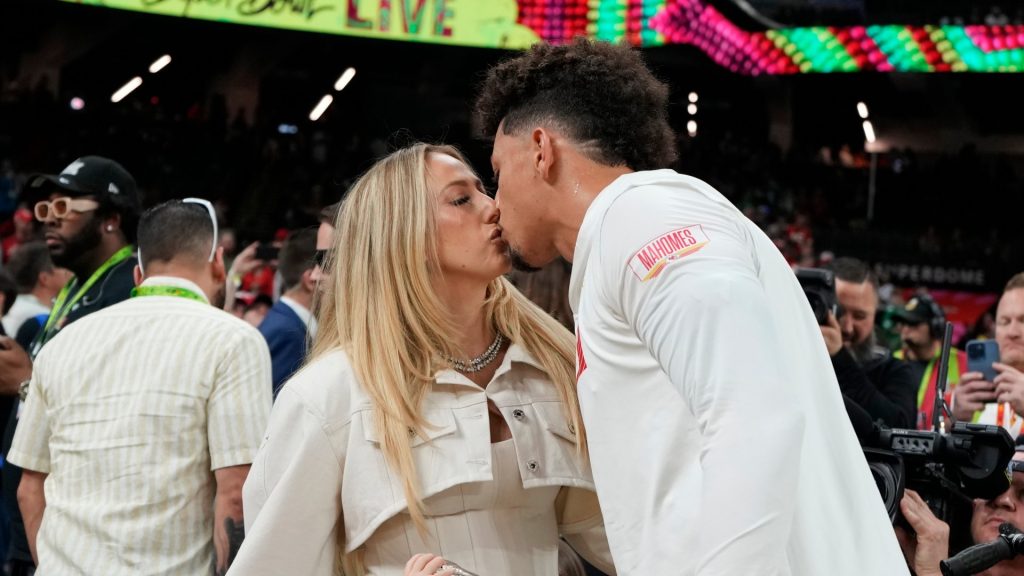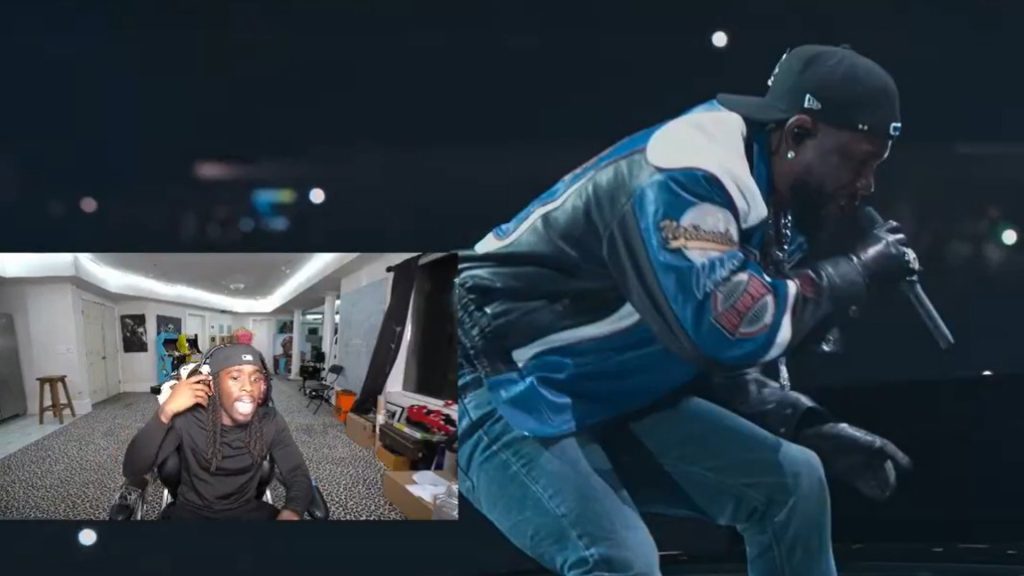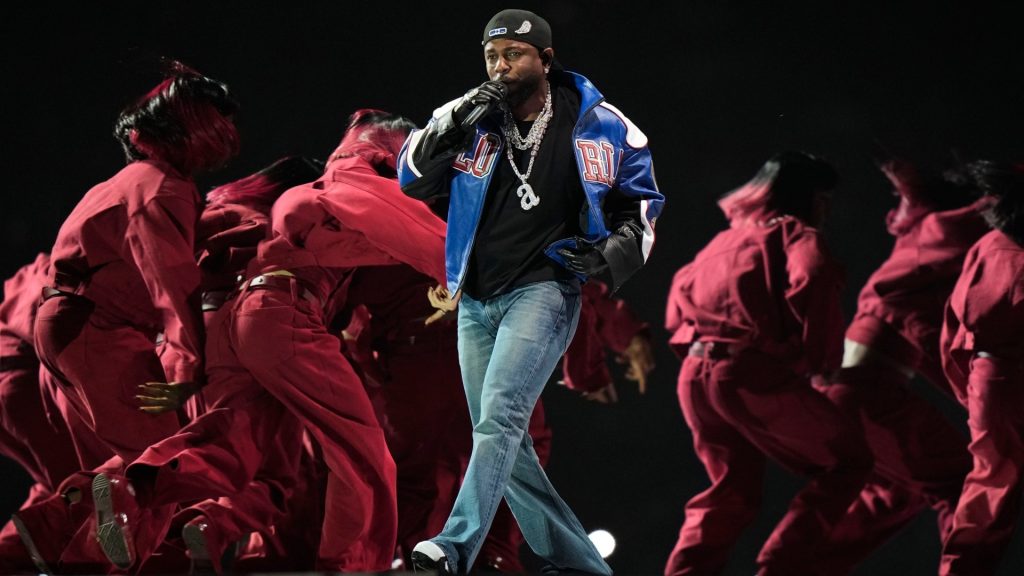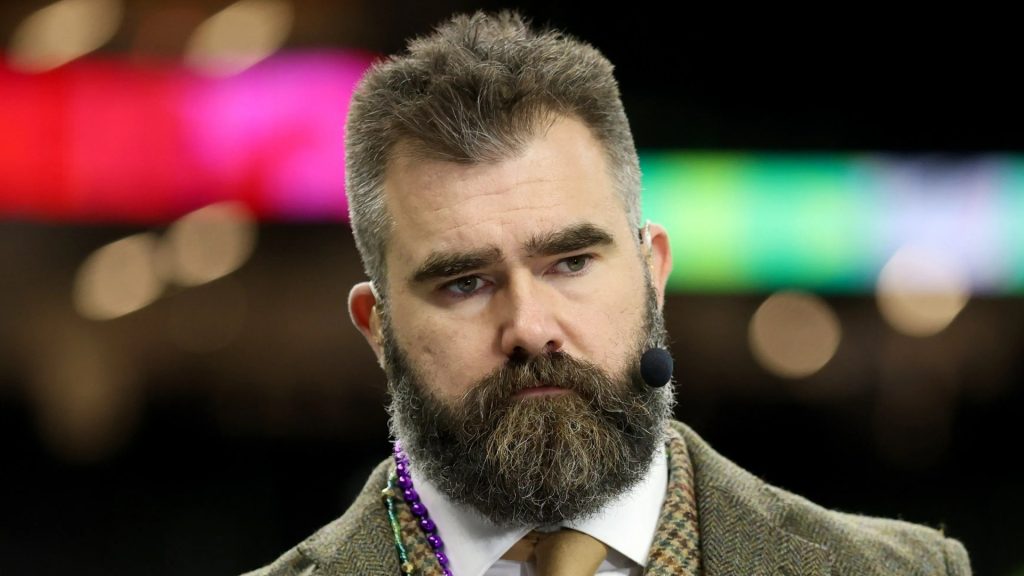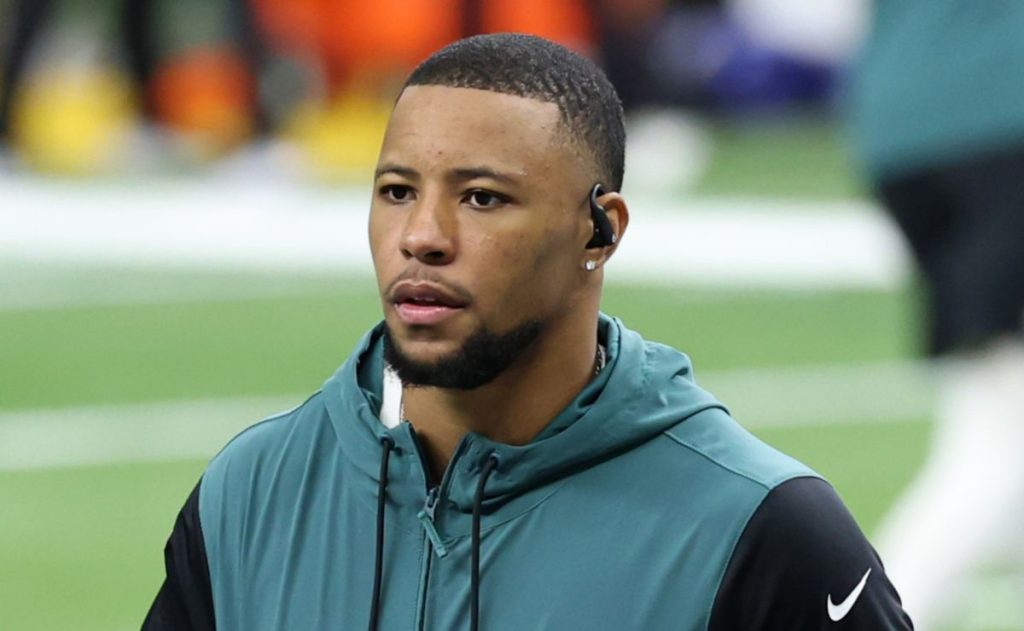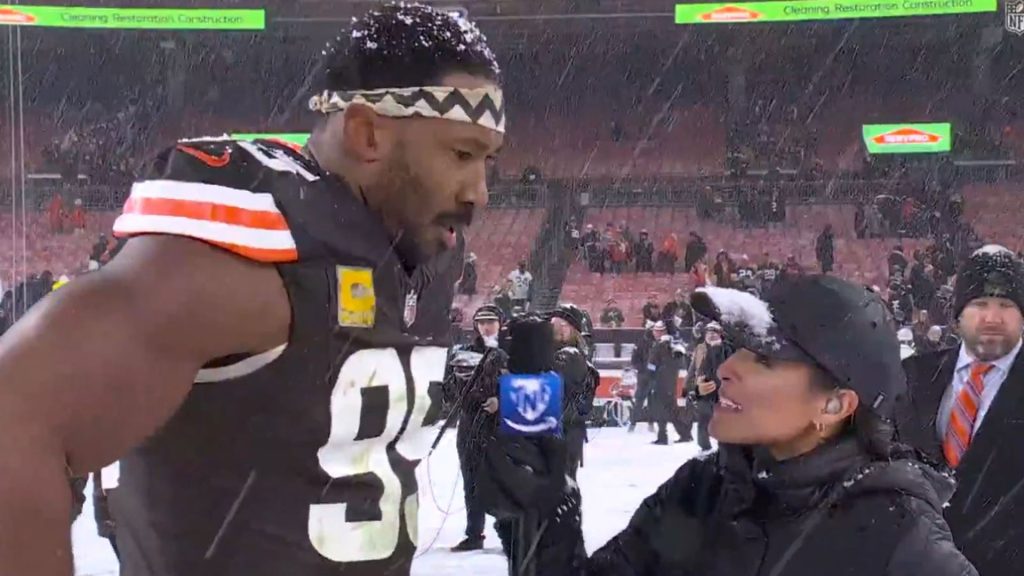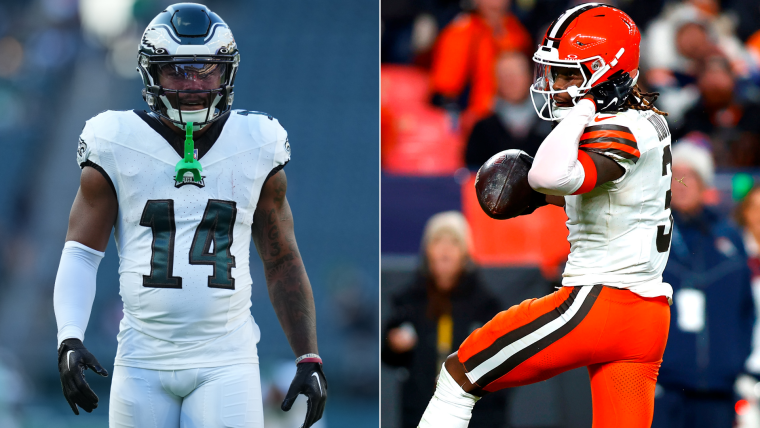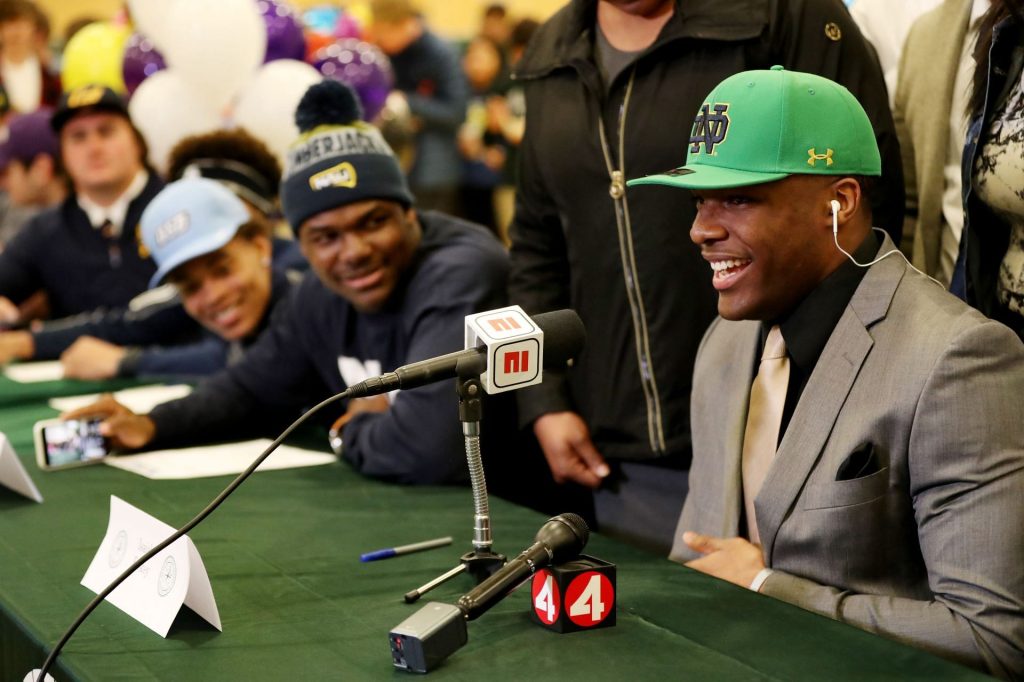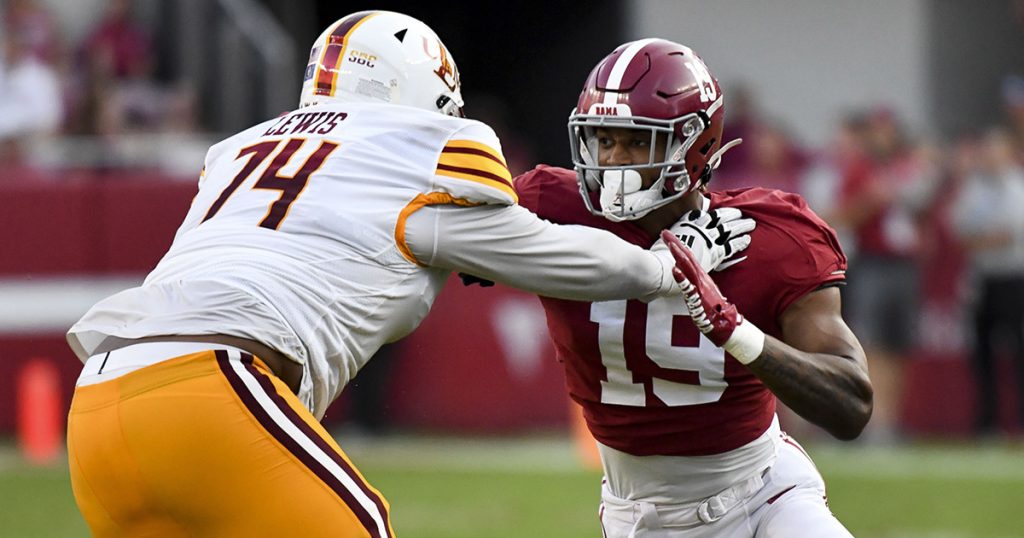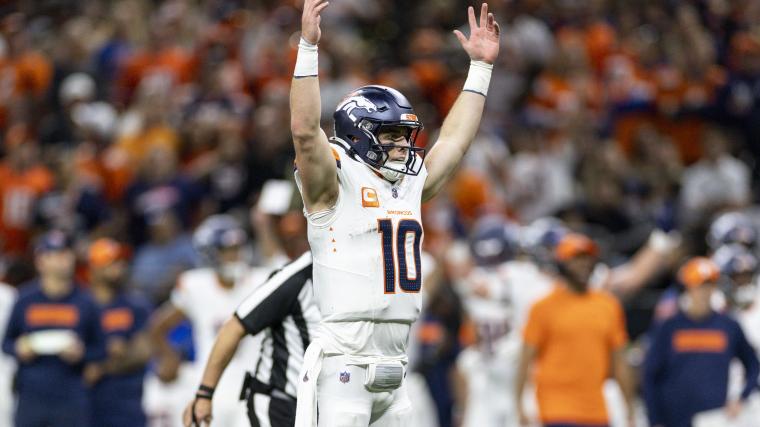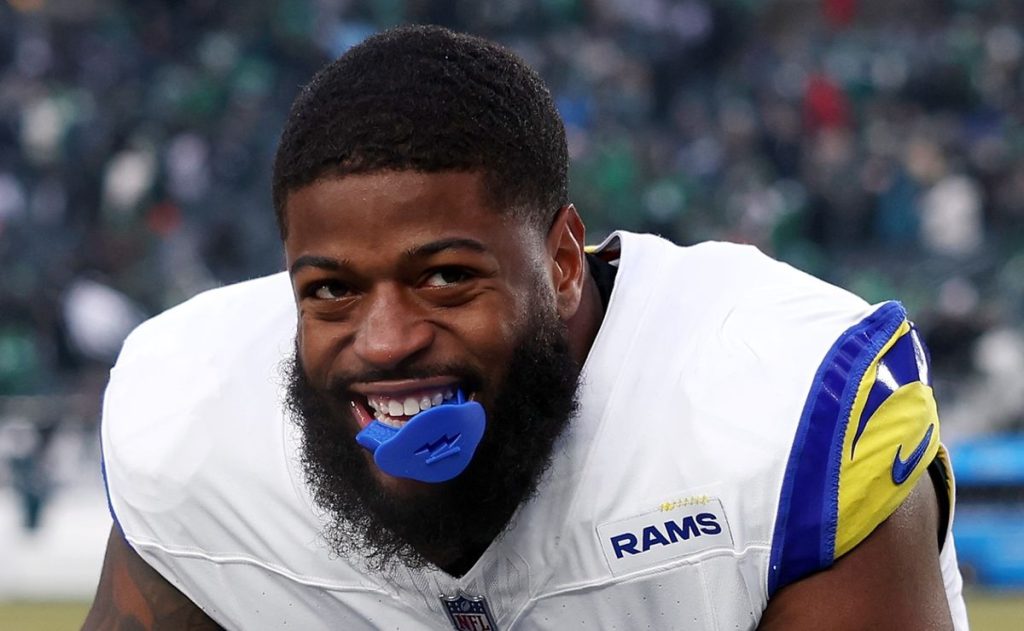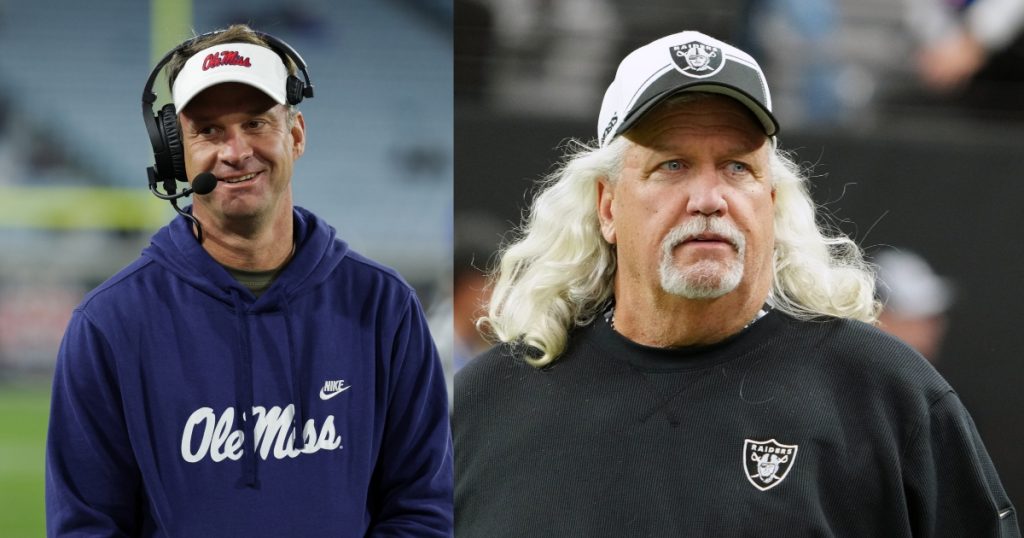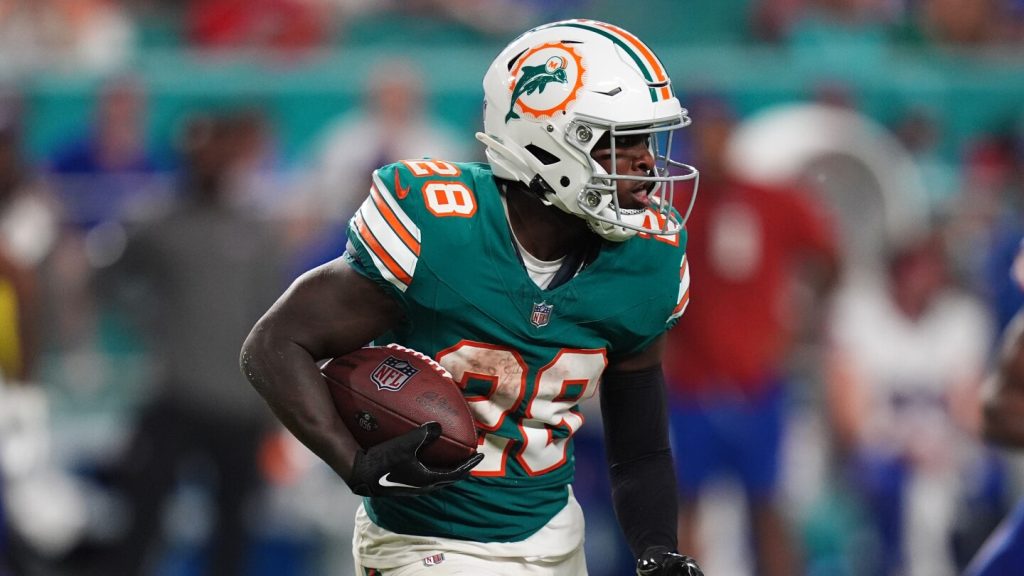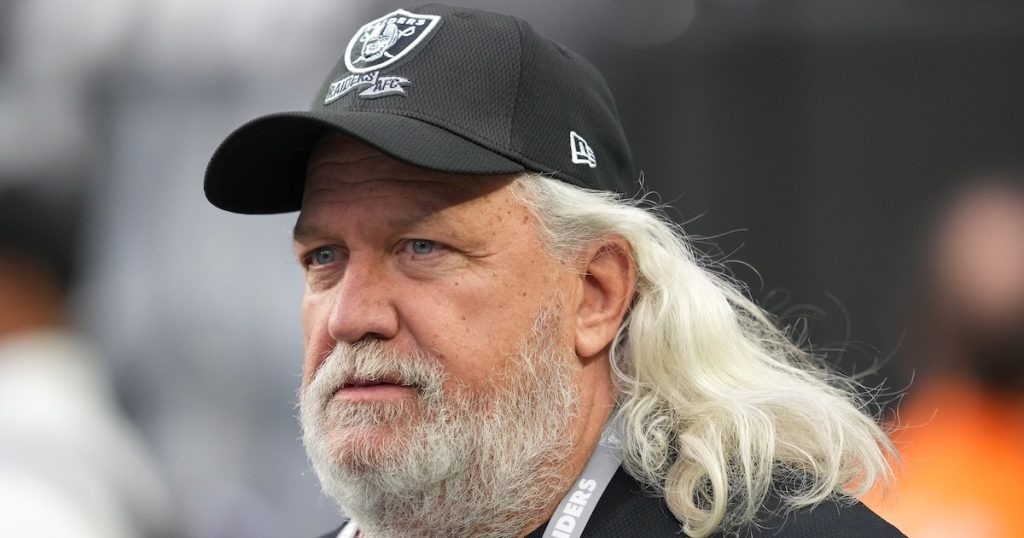The FBI has issued a crucial warning to professional athletes about the dangers of sharing their valuables on social media. This alert comes in the wake of a disturbing trend where high-profile sports stars are increasingly becoming targets for burglaries. Athletes like Patrick Mahomes, Travis Kelce, and Luka Doncic have found themselves victims of these crimes, raising alarm bells across the NFL and beyond.
High-Profile Victims
In recent months, at least nine professional athletes have reported burglaries, with the incidents occurring between September and November. Notably, Dallas Cowboys quarterback Dak Prescott had $40,000 worth of luxury handbags, electronics, and cash stolen from his home. Just a day later, Dallas Mavericks star Luka Doncic experienced a similar fate, losing around $30,000 in valuables while he was away playing a game in Phoenix. His business manager, Lara Beth Seager, reassured fans, stating, "No one was home at the time, and thankfully, Luka and his family are safe."
The string of robberies has not only affected these stars but also Cincinnati Bengals QB Joe Burrow, who expressed deep emotional distress over the violation of his privacy. "I feel like my privacy has been violated in more ways than one," he said, highlighting the emotional toll such incidents can have on athletes.
The FBI’s Response
The FBI’s memo, which has been circulated among major sports leagues, emphasizes the need for athletes to be vigilant. It suggests that players maintain thorough inventories of their valuables, employ additional security measures, and refrain from posting real-time updates while away from home or on vacation. This advice is particularly pertinent given the thieves’ ability to track players’ public travel schedules, allowing them to know precisely when athletes are home or away.
The FBI’s ‘Information Liaison Report’ outlines the reasons these homes are targeted. It states, "These homes are targeted for burglary due to the perception they may have high-end goods like designer handbags, jewelry, watches, and cash." This perception makes them prime targets, especially when athletes are on the road for games or events.
How Thieves Operate
Thieves are employing increasingly sophisticated tactics to carry out these burglaries. Organized groups, often linked to South America, are known to surveil properties, assess security systems, and target athletes they believe possess expensive items. High-tech equipment, including drones and security-jamming devices, is used to disable alarms and cover cameras, making it easier for criminals to carry out their plans without detection.
The FBI report also warns that while many burglaries occur when homes are unoccupied, some happen while residents are present. In such cases, individuals are advised to avoid confrontation and seek law enforcement assistance, as the criminals may be armed or violent.
Recent Incidents
The issue has escalated to a point where even Kansas City Chiefs teammates Mahomes and Kelce had their homes burglarized within an hour of each other in October. Milwaukee Bucks forward Bobby Portis shared footage of masked men breaking into his home, resulting in the theft of $40,000 worth of valuables. These incidents serve as a stark reminder of the risks athletes face, even in the comfort of their own homes.
The FBI’s statement on these burglaries is clear and urgent. It reads, "These preparation tactics enable theft groups to conduct burglaries in a short amount of time. Organized theft groups bypass alarm systems, use Wi-Fi jammers to block Wi-Fi connections and disable devices, cover security cameras, and obfuscate their identities." This alarming trend necessitates a proactive approach from athletes to safeguard their homes and belongings.
Protecting Valuables
So, what can athletes do to protect themselves? The FBI recommends several strategies:
- Keep detailed records of valuables.
- Invest in robust security systems.
- Avoid posting about luxury items or the interior of their homes on social media.
- Be mindful of their travel schedules and the information they share publicly.
By following these guidelines, athletes can reduce their risk of becoming victims of these targeted crimes. The message is clear: discretion is key.
As the NFL season progresses, it’s vital for players to remain vigilant and aware of their surroundings. The thrill of the game should not come at the expense of personal safety.
The emotional impact of such violations can be profound, affecting not just the athletes but their families and fans as well. The league, teams, and fans alike must rally around these stars, ensuring they feel safe both on and off the field.
In this age of social media, where sharing moments is second nature, athletes must remember that not everyone has good intentions. Staying informed and cautious is the best defense against these criminal activities. The spotlight on the field should not extend to their homes in ways that compromise their safety and peace of mind.

